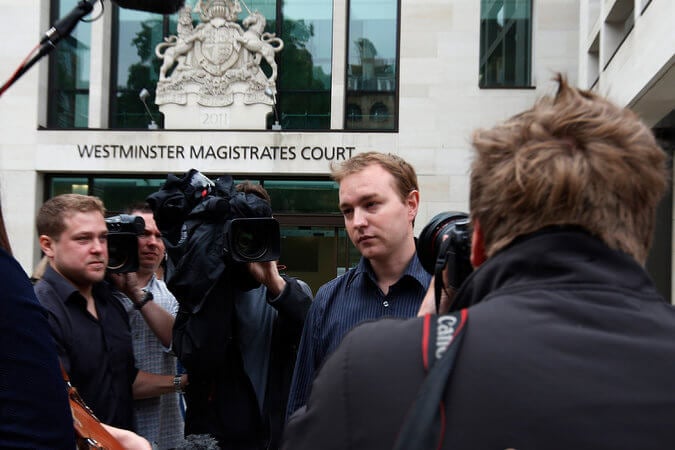US Court Throws Out Last Libor Collusion Case Against Global Banks

Final Claims Dismissed
A federal judge has thrown out the last remaining claims in sprawling litigation that accused global banks of conspiring to rig Libor, the benchmark interest rate once tied to hundreds of trillions of dollars in contracts. The decision brings an end to one of the longest-running financial antitrust cases in U.S. history.
U.S. District Judge Naomi Reice Buchwald in Manhattan issued a 273-page ruling on Thursday, finding that investors had failed to prove banks colluded to keep Libor artificially low. “The evidence they cite does not tend to exclude the possibility that the alleged conspirators acted independently,” Buchwald wrote. She said plaintiffs had not shown a “multi-year, sixteen-bank conspiracy” to suppress the benchmark.
The ruling closes more than a decade of litigation that began in 2011, with plaintiffs seeking to recover losses linked to alleged manipulation of the key global rate.
Investor Takeaway
Who Sued and Who Was Left
The investor group included Principal Financial Group, the cities of Baltimore and Houston, several California counties, Yale University, mortgage financiers Fannie Mae and Freddie Mac, and the Federal Deposit Insurance Corporation as receiver for failed banks. They alleged the banks’ conduct inflated profits, masked weakness during the 2008 financial crisis and distorted borrowing costs across the economy.
Defendants still facing claims until this week included Bank of America, Barclays, Deutsche Bank, HSBC, JPMorgan Chase, Lloyds, NatWest, Portigon, Rabobank, Royal Bank of Canada and UBS. Lawyers for the plaintiffs did not respond to requests for comment. Bank of America, the lead defendant in many of the cases, also declined to comment.
Over years of proceedings, investors presented emails, chat logs, phone transcripts, deposition testimony and expert analysis in an effort to prove collusion. But Buchwald found the evidence fell short of establishing a coordinated industry-wide effort.
Libor’s Legacy
Libor, short for the London Interbank Offered Rate, was for decades the most widely used benchmark in global finance, influencing interest rates for more than $300 trillion in loans and derivatives. It was set daily based on banks’ estimates of their borrowing costs.
Authorities across the U.S., U.K. and elsewhere uncovered manipulation, with traders adjusting submissions to benefit trading positions or improve perceptions of financial health during the crisis. Investigations produced roughly $9 billion in fines and settlements and criminal convictions for several traders. Yet in civil courts, investors were unable to prove a broad conspiracy.
Buchwald dismissed core claims in 2013, though some were revived on appeal. The case narrowed over time as some claims were settled and others struck down, leaving Thursday’s ruling to close the door on the last pending antitrust allegations.
Investor Takeaway
Case Closed
The decision in In re Libor-Based Financial Instruments Antitrust Litigation (No. 11-02262) effectively ends civil claims tied to the scandal. For plaintiffs — including cities, pension funds, insurers and universities — it marks a final defeat after more than a decade in court. For the banks, it lifts the last cloud of private antitrust liability linked to one of finance’s most damaging scandals.
Libor itself was phased out in January 2022, replaced in the U.S. by the Secured Overnight Financing Rate (SOFR) and other transaction-based benchmarks. Regulators moved to ensure new benchmarks were harder to manipulate, seeking to avoid a repeat of one of the most notorious episodes in financial markets.

